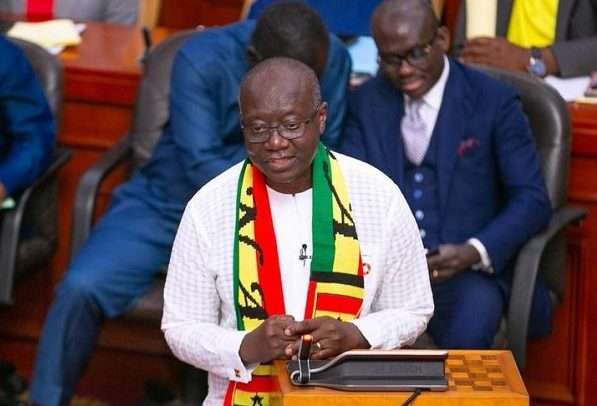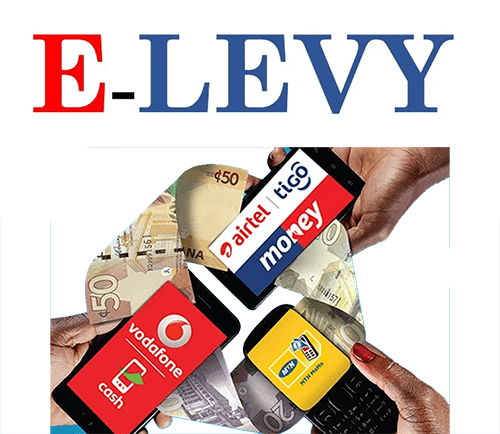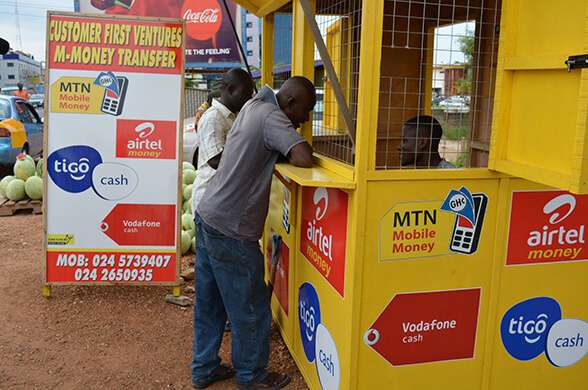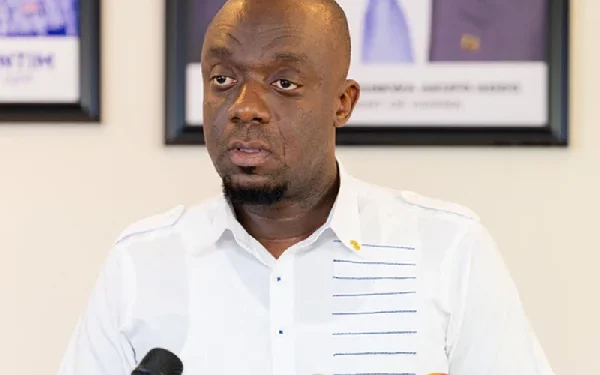The Dean of University of Cape Coast Business School, Professor John Gatsi has mentioned that, contrary to popular opinions out there, government does not intend to reduce the e-levy.
The Economist explained that government only reviewed the charges to ensure that much more people fall within the tax net.
“The e-levy is not reduced, it is only recalibrated to ensure that much more people are caught up with the tax. So you reduce the e-levy from 1.5% to 1% but now there is no limit of the transaction; the base has been collapsed.”
Prof. Gatsi, Dean UCC Business School
During the presentation of the 2023 budget and fiscal policy, Minister of Finance, Ken Ofori-Atta, announced that government would be reducing e-levy charges from 1.5% to 1% whiles taking away the daily threshold.
Ofori-Atta said the reduction in the e-levy rate, is part of a number of ways government seeks to use “to aggressively mobilise domestic revenue.”

“Review the E-Levy Act and more specifically, reduce the headline rate from 1.5% to 1% of the transaction value as well as removal of the daily threshold.”
Ken Ofori-Atta, Minister of Finance
In analysing the import of that measure, Prof. Gatsi noted that, should the above revenue mobilisation means be approved by Parliament, “even if you transact with 10cedis you are paying e-levy.”
The Economist defined the move by government as “the law of large numbers.” According to him, it is a smart move by government because “if a large number of people are paying the tax [then] cumulatively, government is expected to rake in more revenue.”
The Electronic Transfer Levy

Despite the opposition from the Minority group in Parliament, the Electronic Transfer Levy Act, 2022 (Act 1075) was passed in March 2022 and the payment of e-levy officially commenced on Sunday, 1st May, 2022.
The abridged bill that was eventually passed by Parliament reviewed the tax percentage from an initial 1.75% to 1.5% and made daily transactions beneath GH₵100 tax free.
With this, people who make lump transactions or accumulated transactions of GH₵100 in a day pay e-levy charges.

If Parliament is to approve the removal of the daily threshold as proposed by government, then everyone who engages in electronic transactions no matter the amount involved, will pay 1% of the amount as tax to government.
Meanwhile, statistics show that Mobile Money transactions have been affected a great deal since the Electronic Transfer Levy Act was implemented this year.
Between 2017 and 2021, Mobile Money transactions had increased from ¢1.55 billion to GH¢9.86 billion. However, the figure has seen a sharp declined since e-levy was implemented in May this year.
READ MORE: Budget 2023: Nothing But Grammar -Ato Forson





















